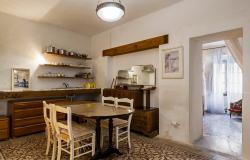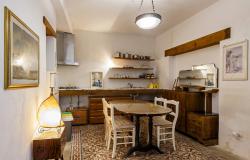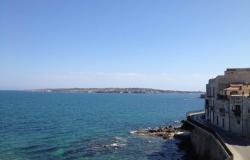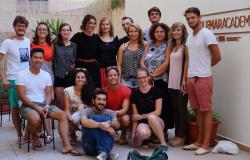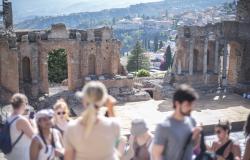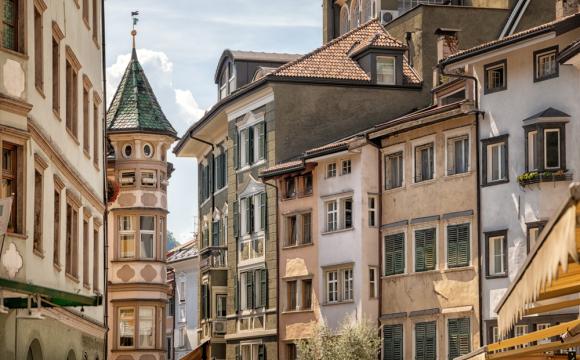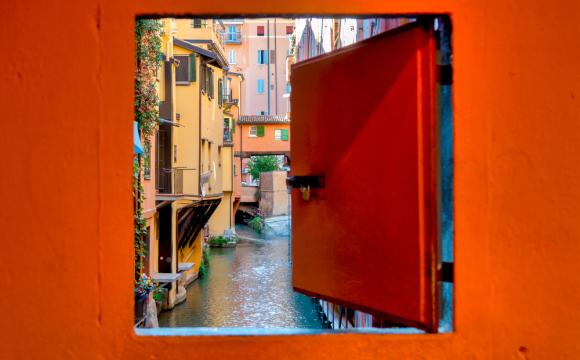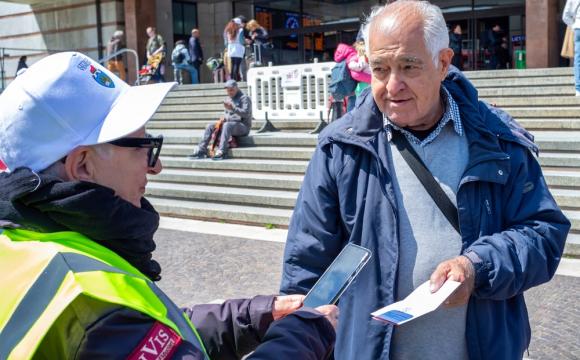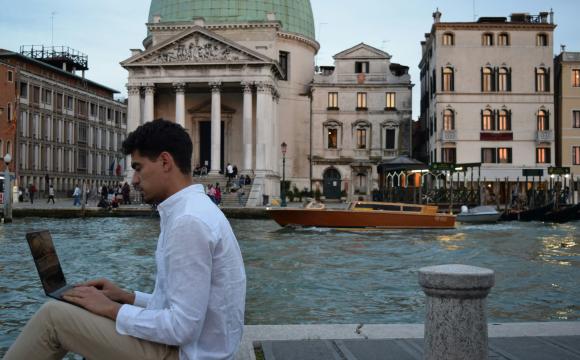More than a thousand solar panels are to be set up on land seized from the Mafia in Sicily, officials said Wednesday.
''In place of abandoned villas and farmland we're providing development,'' said the mayor of the town of Campobello di Mazara, Ciro Carava', stressing that the 1,320 panels would provide valuable cash for Mafia-hit firms after the power it produces is fed into the local system.
''The money will be put into a municipal fund to finance small businesses run by families who have lost relatives to the Mob or been the victims of extortion rackets,'' he said.
Campobello, in western Sicily, has a total of six projects planned for the land confiscated from boss Nunzio Spezia, including a heliport and the recovery of abandoned citrus and olive groves.
The projects will be funded by the interior ministry with the help of the European Union.
Countryside all over the island, once dotted with dons' trophy villas or hideaway farms, has been producing honest fruits after a wave of confiscations from Cosa Nostra bosses.
Youth cooperatives have moved into the rural crime triangle between the fiefs of Corleone, Monreale and San Giuseppe Jato and have started making pasta, olive oil, wine, honey and other produce on the ex-Mafia lands.
Thanks to an agreement with the Coop supermarket chain, the products are now sold all over Italy.
Many of the products are made by the cooperative Placido Rizzotto - Libera Terra, named after a land reform campaigner murdered by the Mafia in 1948.
Corleone, a big-screen byword for the Mafia, was Cosa Nostra chief Toto 'the Beast' Riina's notorious power base in the hills near Palermo where he forged a fierce new breed of Mafiosi in the '70s and '80s.
Italian authorities have made a point of putting confiscated Mafia property to good use, preferably something involving public institutions, so as to symbolise the return of the State's control.
A set of luxury apartments in Corleone belonging to Riina, for example, has been turned into the local headquarters of the tax police.



